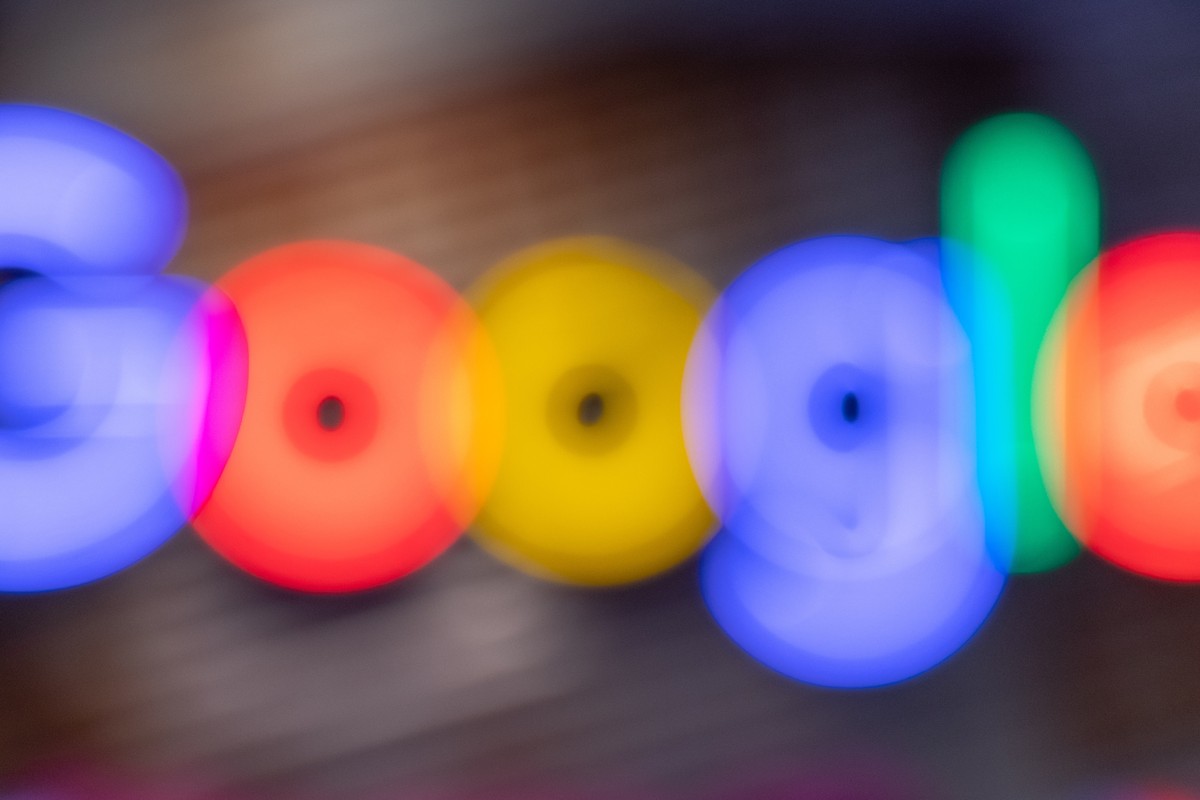Google faces allegations of unlawfull collection of sensitive health data

Google is facing a lawsuit accusing the company of unlawfully collecting sensitive health data related to abortion searches on third-party websites using Google's technology. Jane Doe, the anonymous plaintiff, seeks to have the case certified as a class action.
According to Doe, her private information was intercepted by Google when she utilized the scheduling pages on Planned Parenthood's website in 2018 to search for an abortion provider.
Unlawful data collection
The lawsuit alleges that Google wrongfully collected not only Doe's medical information but also that of other potential class members, without proper consent or compensation, through its tracking technology integrated into the healthcare provider's website.
Doe and the class members argue that their confidential communications, including searches for and scheduling of abortions and other medical services, as well as their sensitive medical information, should be protected with a reasonable expectation of privacy.

Violation of privacy laws
The complaint asserts that Google's actions constituted a violation of the California Confidentiality of Medical Information Act (CMIA), and claims that Google aided and abetted the healthcare provider's breaches of the CMIA, holding the company accountable for any resulting infractions.
Additionally, the lawsuit references the California Invasion of Privacy Act (CIPA), which aims to safeguard individuals from privacy invasion caused by the increasing use of devices and techniques. By intercepting sensitive data, Google is alleged to have violated the provisions of the CIPA.
Seeking compensation and a cease
Jane Doe and the class members are demanding that Google establish a compensation fund for the unauthorized collection of their medical information. Furthermore, they urge Google to cease the practice of intercepting such data.
The lawsuit highlights that Google utilized the gathered information for marketing, analytics services, and enhancing its advertising targeting capabilities, infringing upon the privacy rights of the individuals involved.
Implications of the case
This lawsuit represents a notable case in the ongoing debate over data privacy. While previous legal actions have primarily targeted healthcare websites themselves for oversight of tracking data, this lawsuit places the responsibility on Google as a technology provider.
It echoes the settlement reached in the BetterHelp case, where the online counseling provider had to pay $7.8 million and refrain from sharing consumers' health data with advertisers.
Advertisement



















Good reflex in general to sue Google directly and not each of the millions of ndividual sites hosting Google spyware in general, because it’s what Google would expect to deny its responsibility. However here the site too is more guilty than the average considering the sensitivity of the data it gets. Maybe the sites themselves should be targeted too more often for being so careless for selfish reasons. I want a world where I can search for an abortion related extension on addons.mozilla.org without having to fear that Google will know it and therefore all murderous trumpists who subsequently put their hands on that data too, but Mozilla won’t listen and remove the spyware, claiming it’s their property right to leave it there, because the Google UI for data analysis is cooler than what they would write themselves or something.
This is one of the worst privacy issues ever in the USA history. It’s quite probably that it will arrive to the Supreme Court or even at higher instances.